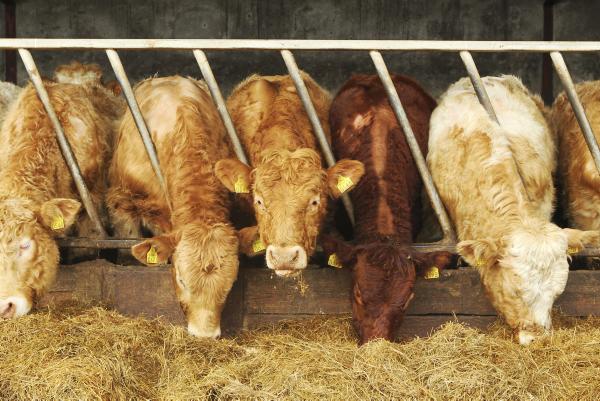Most stakeholders in the agriculture sector are uniform in their stance, the proper disposal of animal by-product (ABP) is an integral and vital part of the entire agri-food industry.
The correct disposal of fallen animals and their by-products acts as a safety net for the industry and ensures that no contamination of the food chain can occur. The importance of the sector is highlighted during times of crisis, such as the BSE and foot-and-mouth eras of recent years.
Those in the sector would argue that there is a misconception regarding the business. Critics suggest rendering plants operate as a cartel which sets prices. However, the reality is the rendering sector is hugely competitive. The operation of a high-spec and compliant rendering facility is capital intensive – a rendering plant costs about €20m.
A controversial ruling by the Department of Agriculture which limits knackeries from bringing fallen animals over 48 months old to rendering plants outside a 125km zone has placed the entire sector under the microscope.
This rule was introduced for biosecurity and animal health reasons.
Knackery prices have risen, with the collectors saying rendering plants and the new ruling are responsible. The Department of Agriculture admit that, while there has been a small increase in the cost of rendering fallen animals, their price hikes have been nominal and should not represent large price hikes from knackeries.
The rendering business is separated into three parts: Categories one, two and three material. Category one rendering plants process very high-risk material, including the carcases of animals suspected or confirmed of being infected with BSE – generally non-edibles.
Category two waste is generally from animals that die on-farm while category three waste includes hides and skins and parts of animals which are generally fit for animal, but not fit for human consumption.
There are just three category one plants in the Republic of Ireland: College Proteins in Nobber, Co Meath; Dublin By-products in Dunlavin, Wicklow; and ABP’s Waterford plant. The Irish rendering industry processes approximately 450,000t of ABP each year.
Export
For many years, category one was seen as the profitable side of rendering. However, in recent years, category one renderers have been forced to export product to mainland Europe for incineration in waste-to-energy facilities at significant costs.
Category three rendering has taken on a new significance in recent times as a result of the pressures on the exportation of category one product. In most cases, category three plants extract proteins, fats and meals from raw material for sale in domestic and international markets.
There are five main category three plants in the country. In two instances, owners of category one plants operate category three facilities. There are no category two plants in Ireland as other plants are able to carry out the required work.
Category one plants:
College Proteins – Nobber, Co Meath
The directors of College Proteins are John and Martin Gilroy.
Dublin Products – Dunlavin, Co Wicklow
Dublin Products is owned by the Ronan Group. The company directors are Maurice Cullen, Martin Byrne, Louis Christopher Ronan, David Ronan and Louais Ronan.
Waterford Proteins – Ferrybank, Co Waterford
Waterford Proteins is part of the ABP group and the company directors are Larry Goodman, Paul Finnerty and John McLaughlin.
Category three plants:
Dublin Products – Dunlavin, Co Wicklow
Dublin Products is owned by the Ronan Group.
Farragh Proteins – Crossdoney, Co Cavan
Directors: John and Martin Gilroy
Munster Proteins – Cahir, Co Tipperary
Like Waterford Proteins, Munster Proteins is part of the ABP group and the company directors are Larry Goodman, Paul Finnerty and John McLaughlin.
Slaney Proteins – Bunclody, Co Wexford
Directors: Samuel Bertram Allen and Maurice Lancelot Allen
United Fish Industries – Killybegs, Donegal
Directors: Frank Trearty, John Healy and Arnt- Ove Hoddevik
Western Proteins – Ballyhaunis, Co Mayo
Western Proteins is part of the Dawn Meats group and its directors are Daniel Browne, Peter Queally and John Queally





SHARING OPTIONS